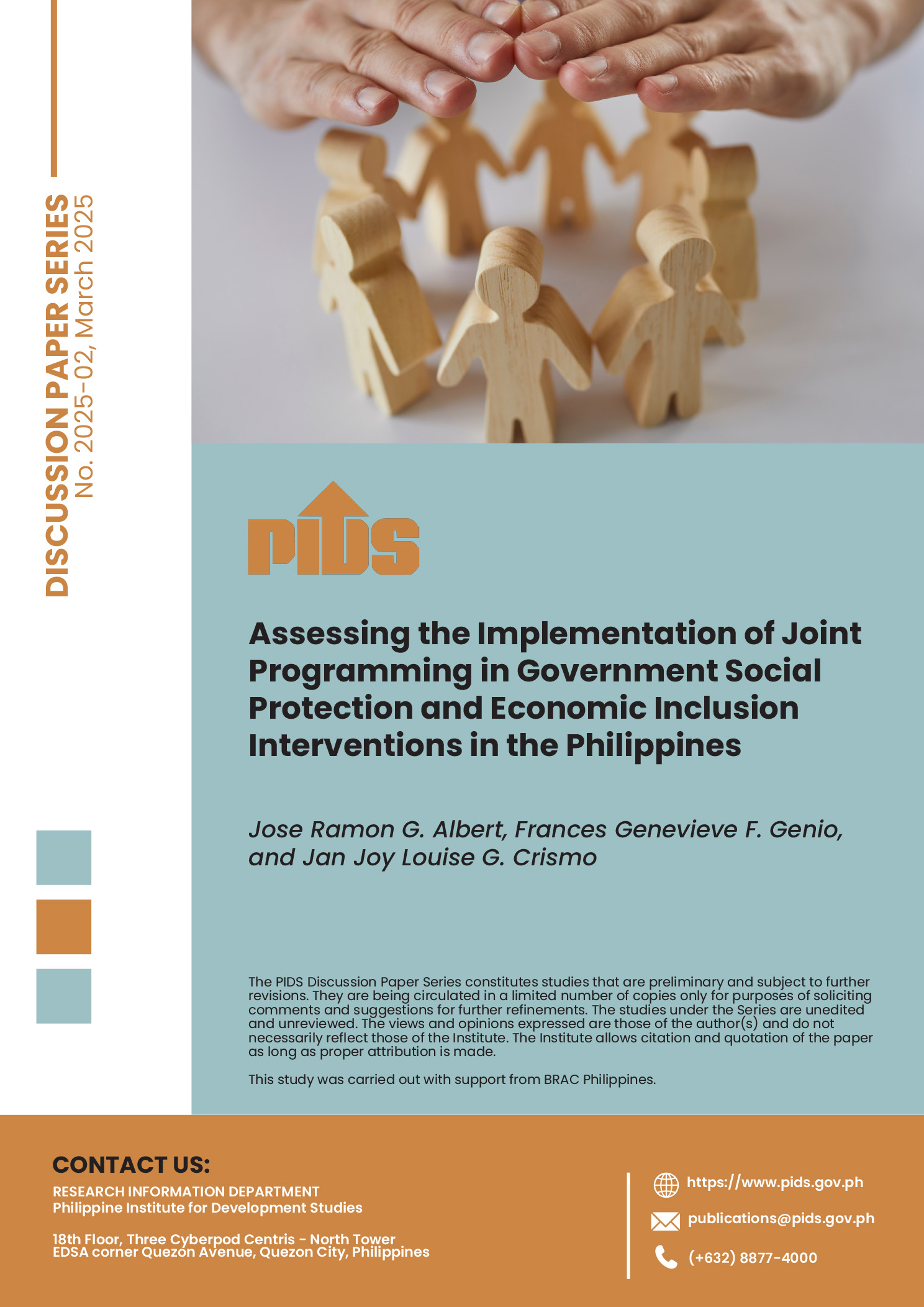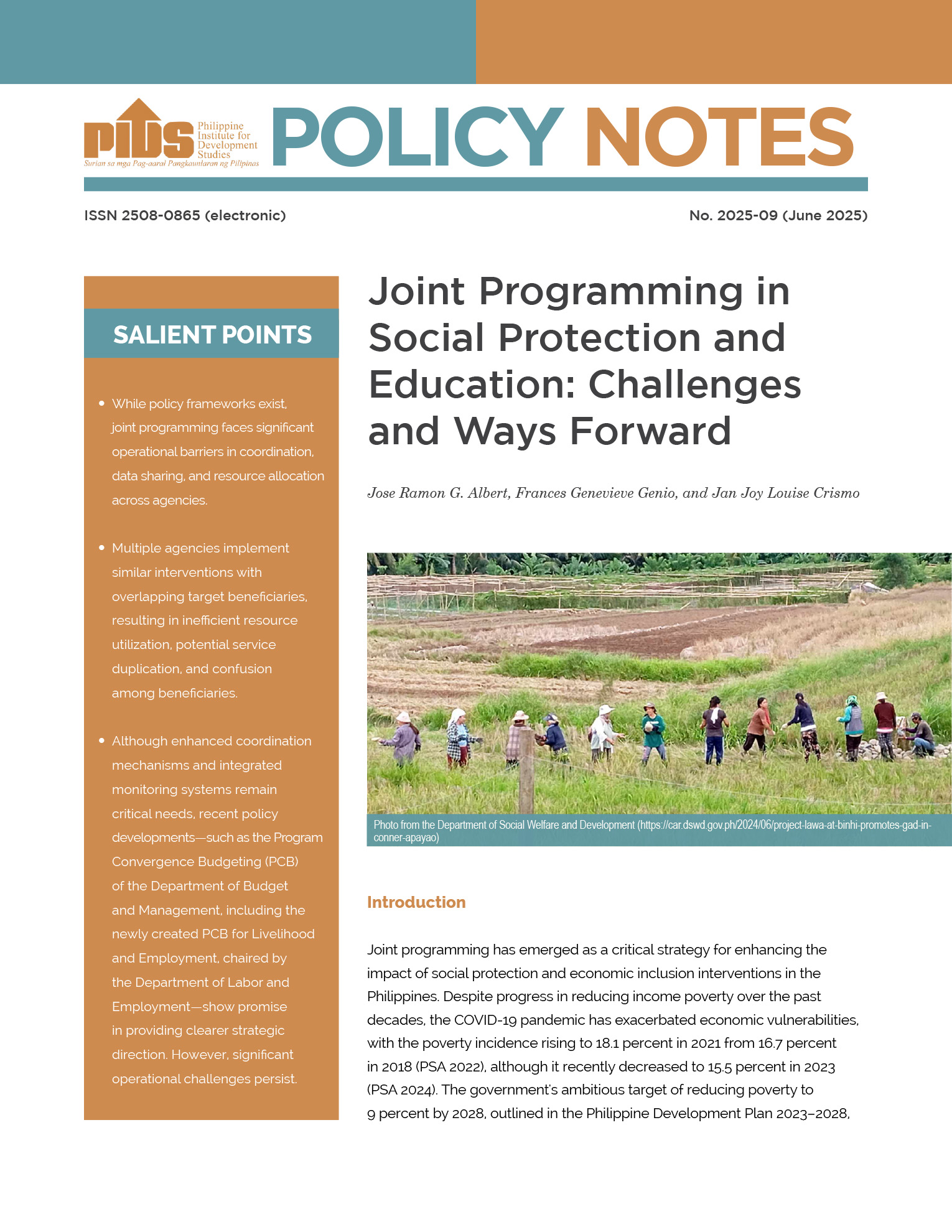"The lack of clear and consistent population policy starkly sets the Philippines apart from the rest of East and Southeast Asia and partly explains its anemic economic growth and persistent mass poverty."
This was the major observation of Dr. Ernesto M. Pernia, lead economist at the Asian Development Bank, in his policy paper with the Philippine Institute for Development Studies (PIDS) titled " Population: Does it MatterRevisiting an Old Issue." Pernia added that given its soft state and hard church, the Philippines has neglected the population problem, practically just sweeping it under the rug.
Maintaining that the single most important challenge for the Philippines has been and continues to be high poverty incidence, Pernia noted that while some observers may point to problems of poor governance, corruption and political economy or to the shocks brought about by trade liberalization and WTO rules as the culprit for this high poverty incidence, a counterargument that may be cited is why other Asian economies, similarly beset by the same problems or circumstances, have nonetheless managed to consistently perform better than the Philippines.
He then explained that in other East and Southeast Asian countries, sharp reductions in poverty have occurred as a result of rapid and sustained growth, attributable to sound economic policies coupled with a strong population policy. These countries, he said, have been benefiting from a demographic bonus resulting from an increasing share of workers relative to young dependents.
This was the major observation of Dr. Ernesto M. Pernia, lead economist at the Asian Development Bank, in his policy paper with the Philippine Institute for Development Studies (PIDS) titled " Population: Does it MatterRevisiting an Old Issue." Pernia added that given its soft state and hard church, the Philippines has neglected the population problem, practically just sweeping it under the rug.
Maintaining that the single most important challenge for the Philippines has been and continues to be high poverty incidence, Pernia noted that while some observers may point to problems of poor governance, corruption and political economy or to the shocks brought about by trade liberalization and WTO rules as the culprit for this high poverty incidence, a counterargument that may be cited is why other Asian economies, similarly beset by the same problems or circumstances, have nonetheless managed to consistently perform better than the Philippines.
He then explained that in other East and Southeast Asian countries, sharp reductions in poverty have occurred as a result of rapid and sustained growth, attributable to sound economic policies coupled with a strong population policy. These countries, he said, have been benefiting from a demographic bonus resulting from an increasing share of workers relative to young dependents.












